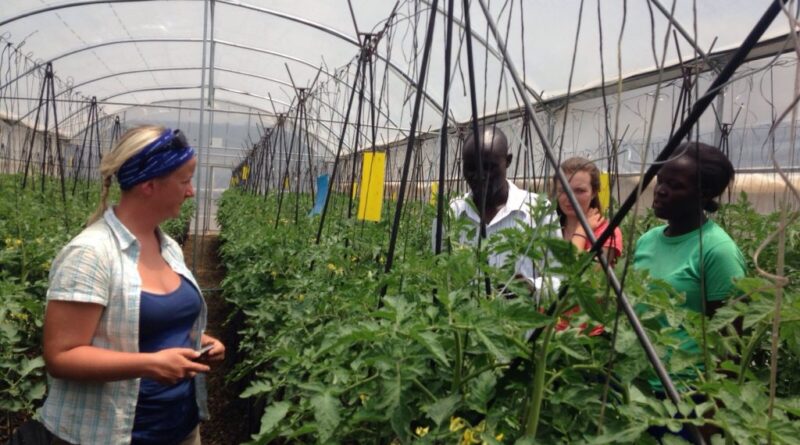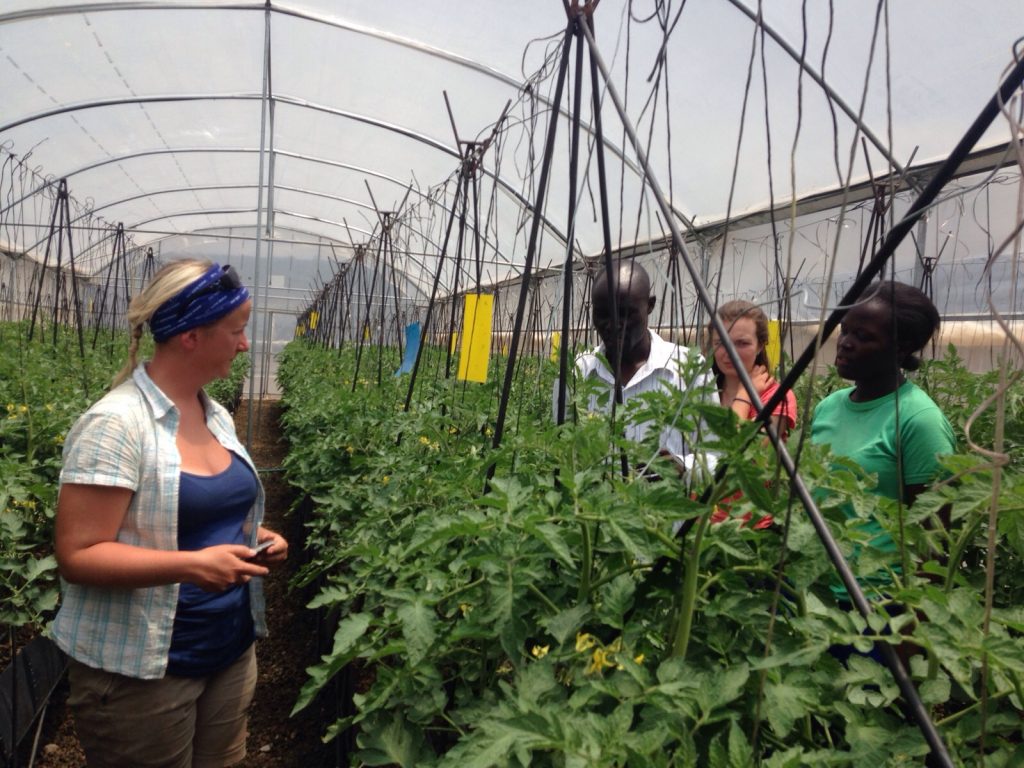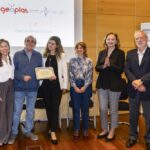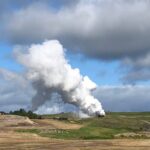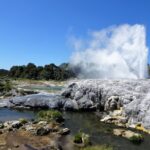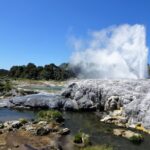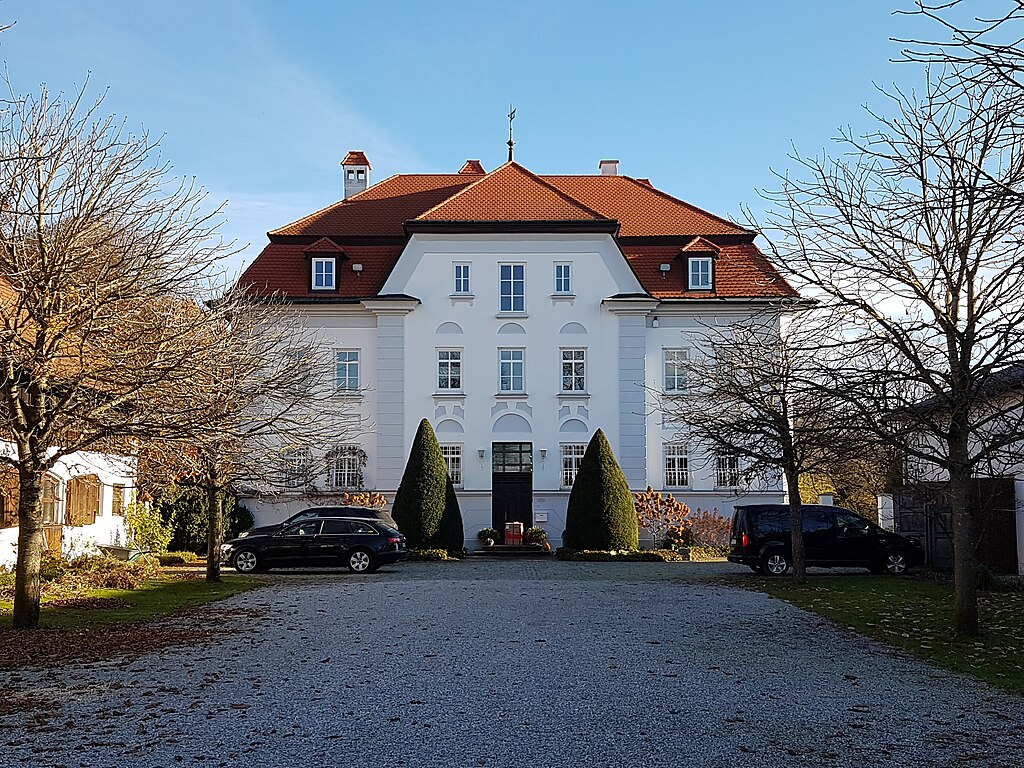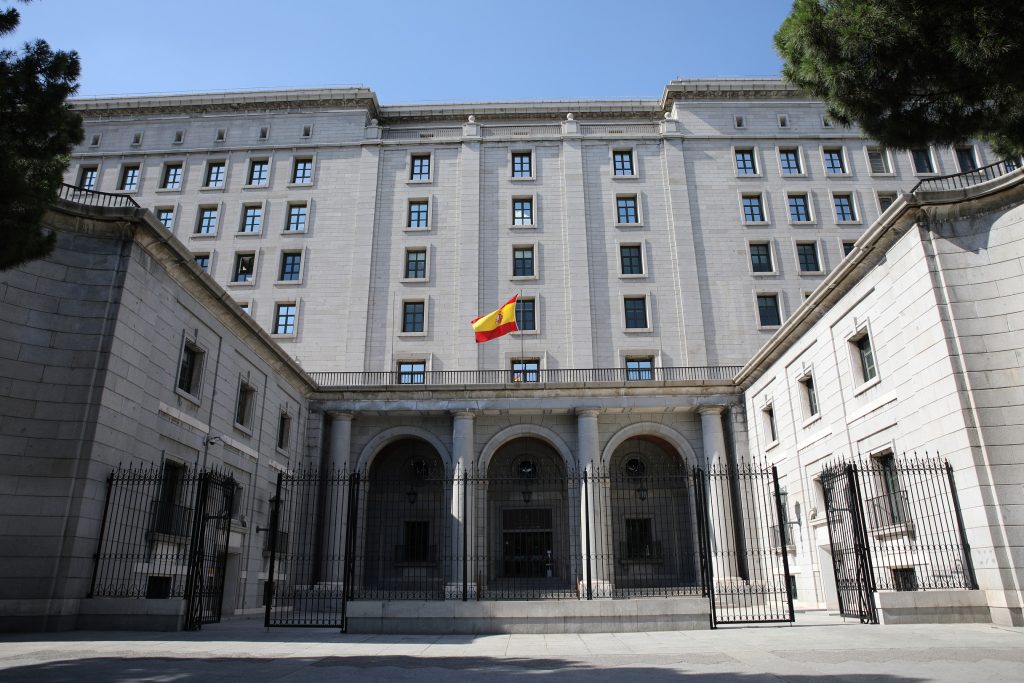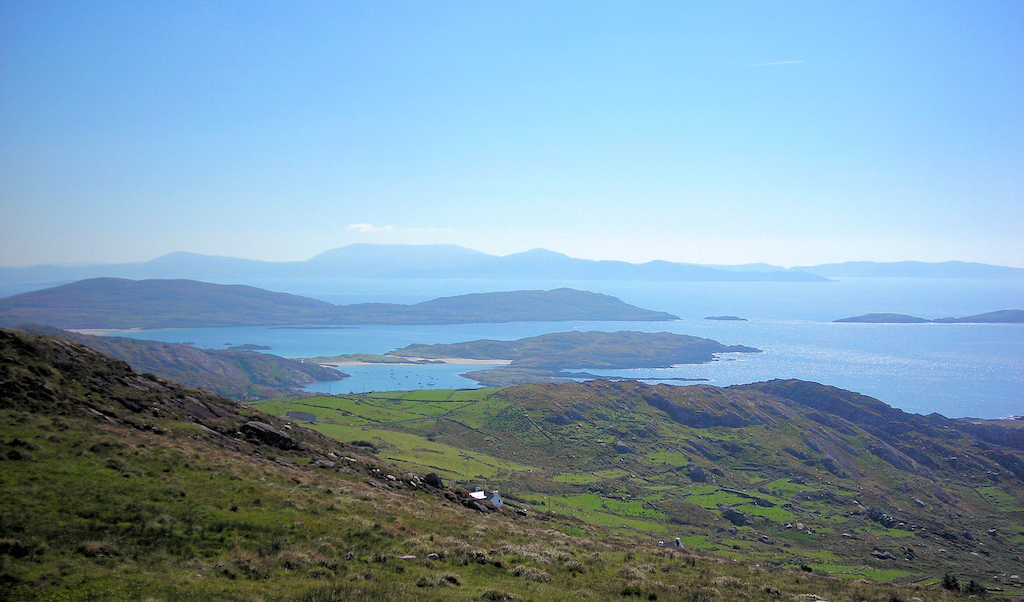GNS undertakes project to promote geothermal greenhouses in New Zealand
Energy Disrupter
GNS Science will be undertaking a five-year research program to identify geothermal resources for greenhouse agriculture in New Zealand.
In an interview with Radio New Zealand, John Burnell, Geothermal Modeler at GNS Science, discussed details of a research program that aims to identify and characterize geothermal resources for greenhouse agriculture in New Zealand. The five-year program will involve geophysical surveys and numerical modeling to assess geothermal potential, as well as a consideration of the social aspects and policy environment for such projects.
According to the interview, more than 90% of the tomatoes, capsicum, and cucumbers commercially grown in New Zealand are grown as covered crops in about 310 hectares of greenhouses, mostly in the North Island. The research project can pave the way for the transition of natural gas-based heating in these greenhouses to geothermal.
Geothermal greenhouses are very common and are an established technology in other parts of the world such as Türkiye, Iceland, Kenya, and the Netherlands.
“There’s a clear need to transition from using these fuels, not only for reducing potential climate impact but also because there is a growing consumer demand worldwide for goods produced in a low-carbon fashion,” said John Burnell.
Aside from the well-known high-temperature geothermal resources in Rotorua and Central North Island, Burnell states that warm water viable for greenhouse heating has been found in other places in New Zealand including Auckland, Canterbury, the West Coast, and Northland. The exact location and extent of these pockets of warm water is not yet known, but this is the information that resistivity surveys will hopefully provide.
Burnell also recognizes that the research can present opportunities for other direct-use geothermal applications. “Many people might have seen advertisements for paper products claiming to use geothermal steam for timber drying, food processing, and drying milk powders, which are used across quite a lot of industries around New Zealand.”
“This significant piece of research we’re undertaking over the next few years aims to facilitate a large increase in the use of greenhouses, as well as in other industries. It’s quite an extensive and open field.”
The full audio interview can be accessed at the Radio New Zealand website.
Source: RNZ

